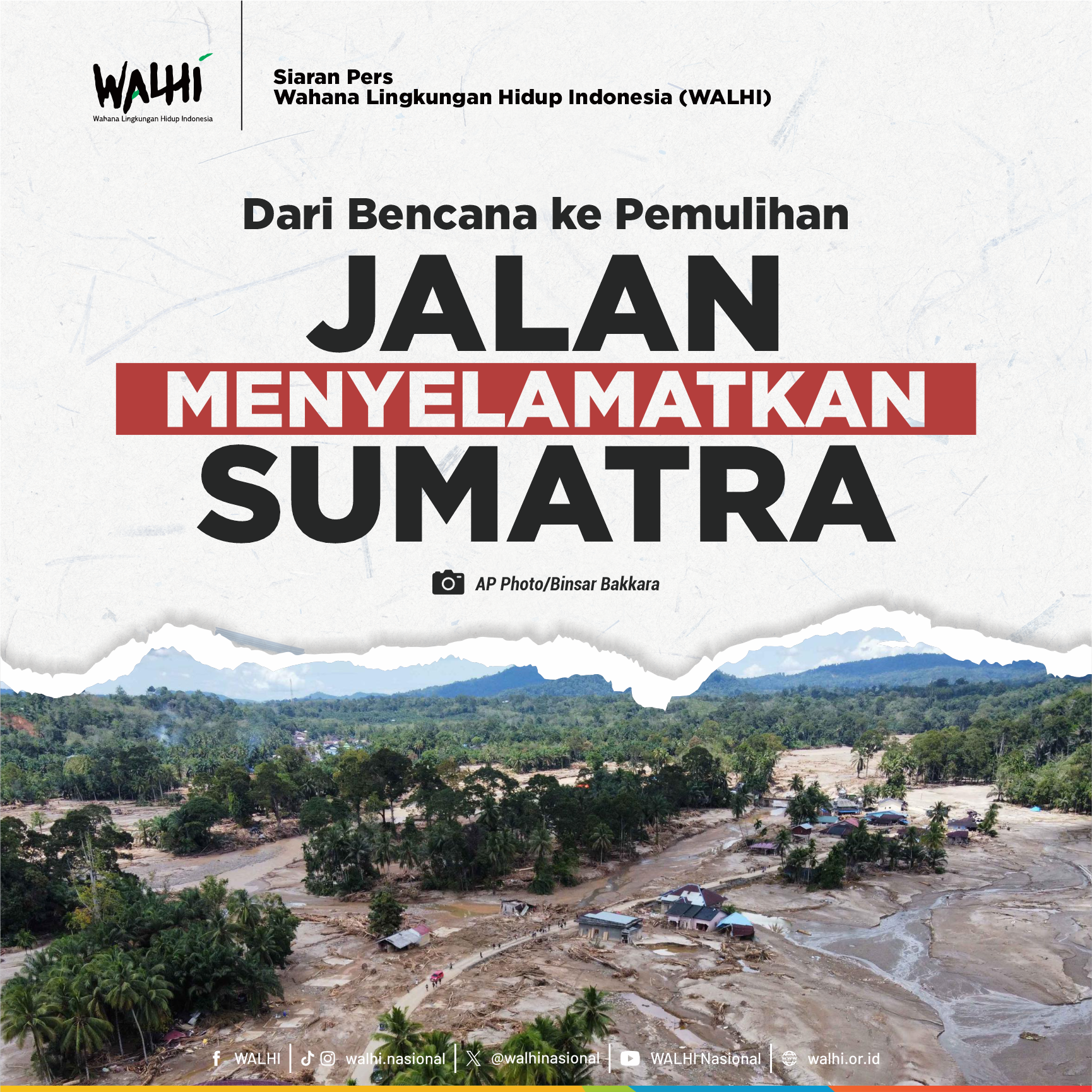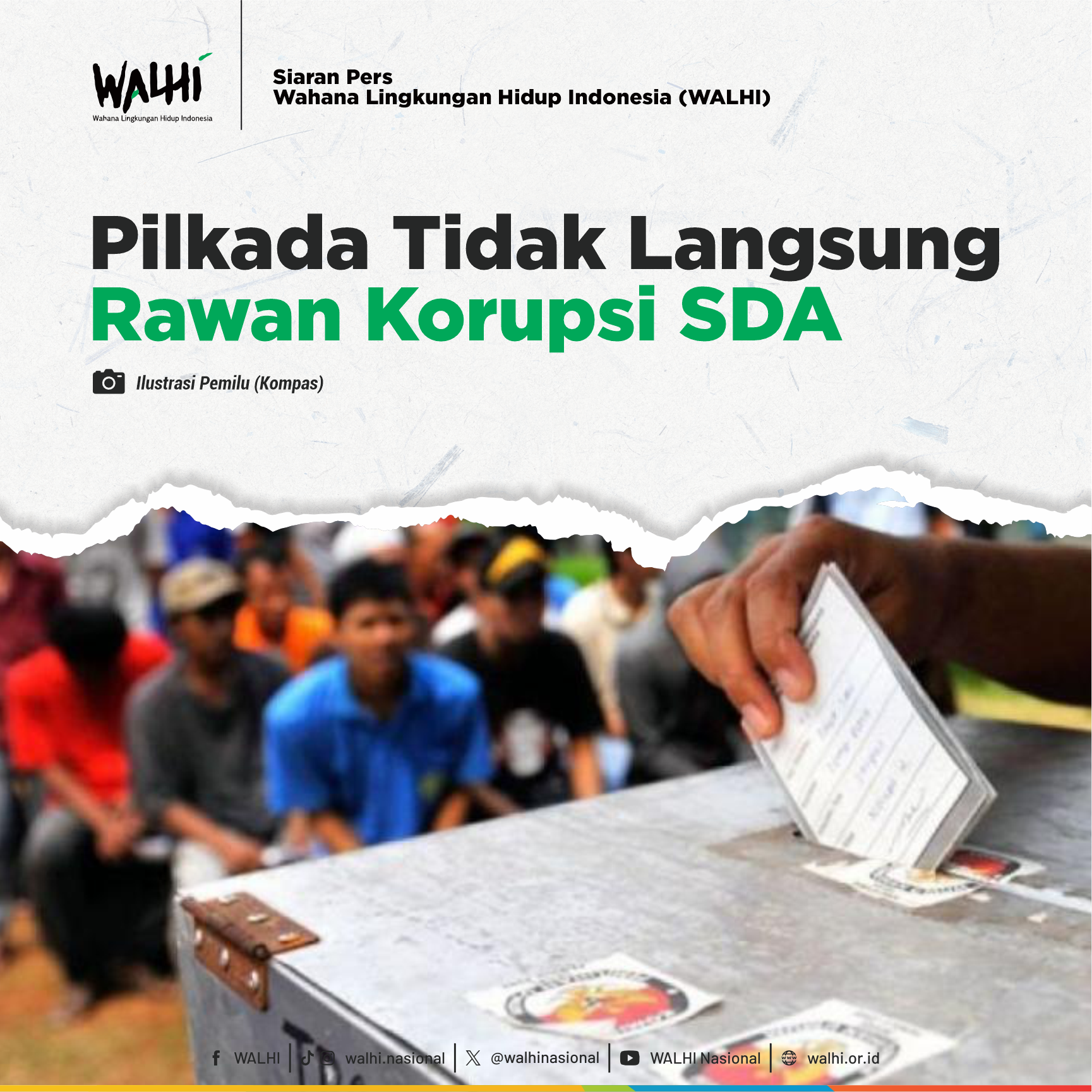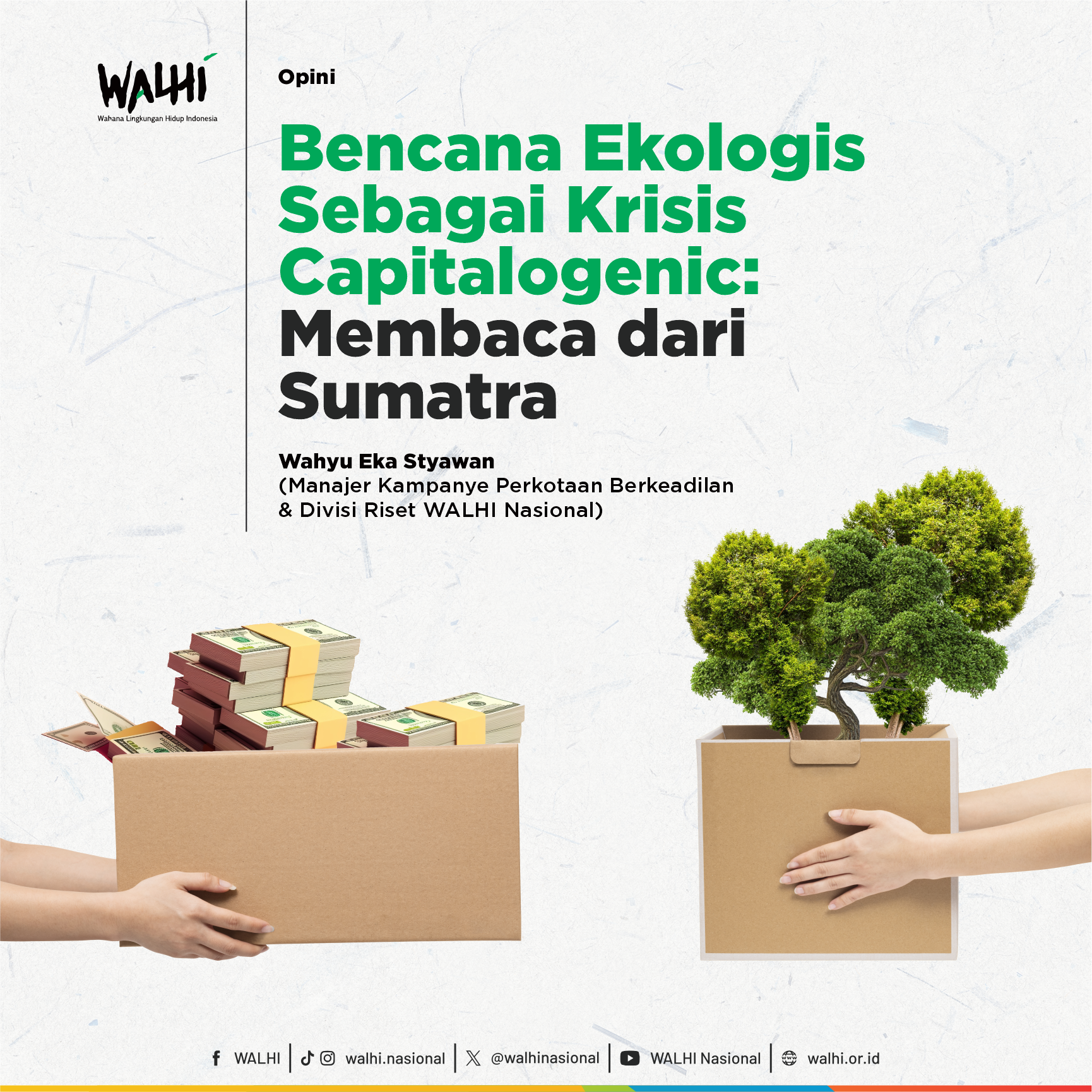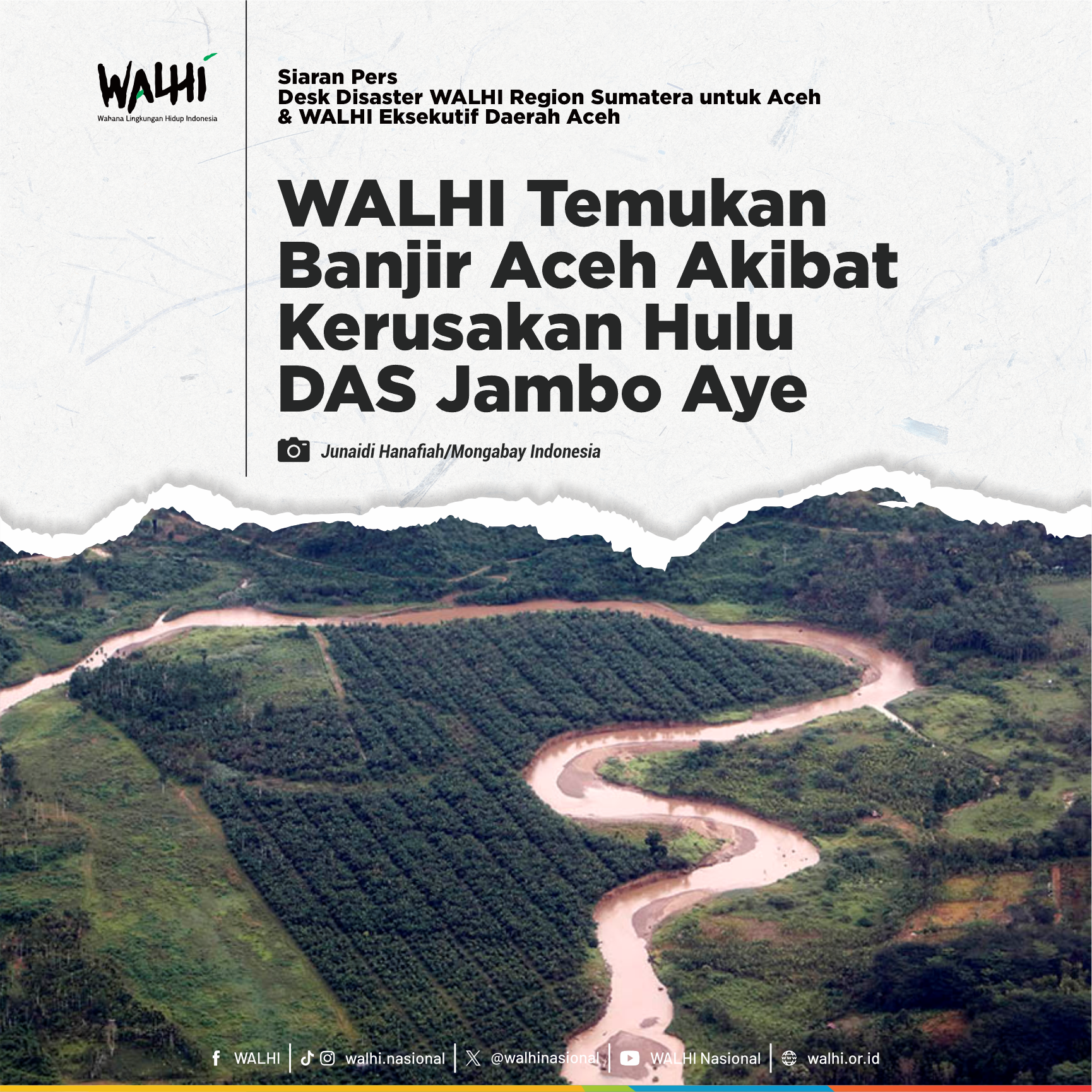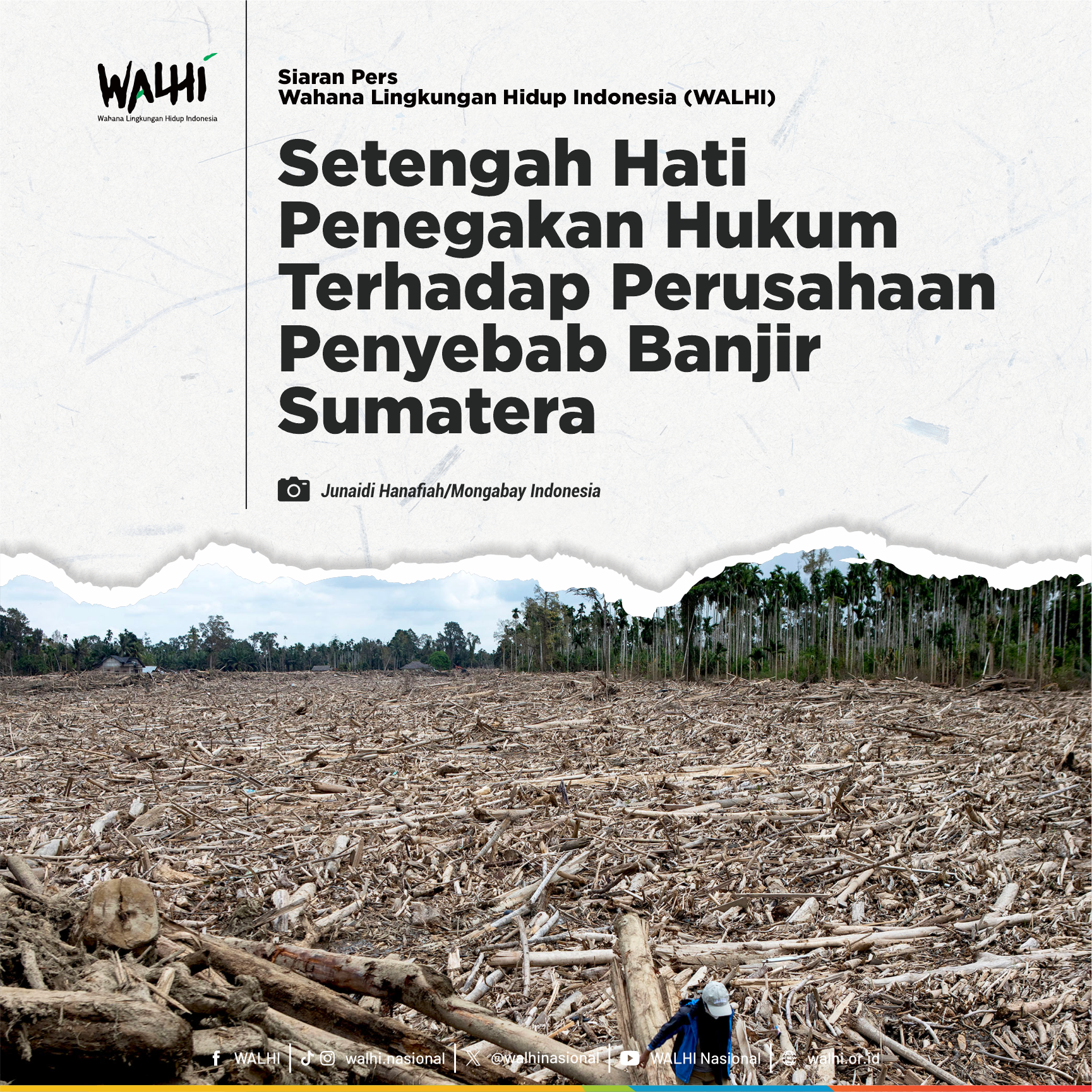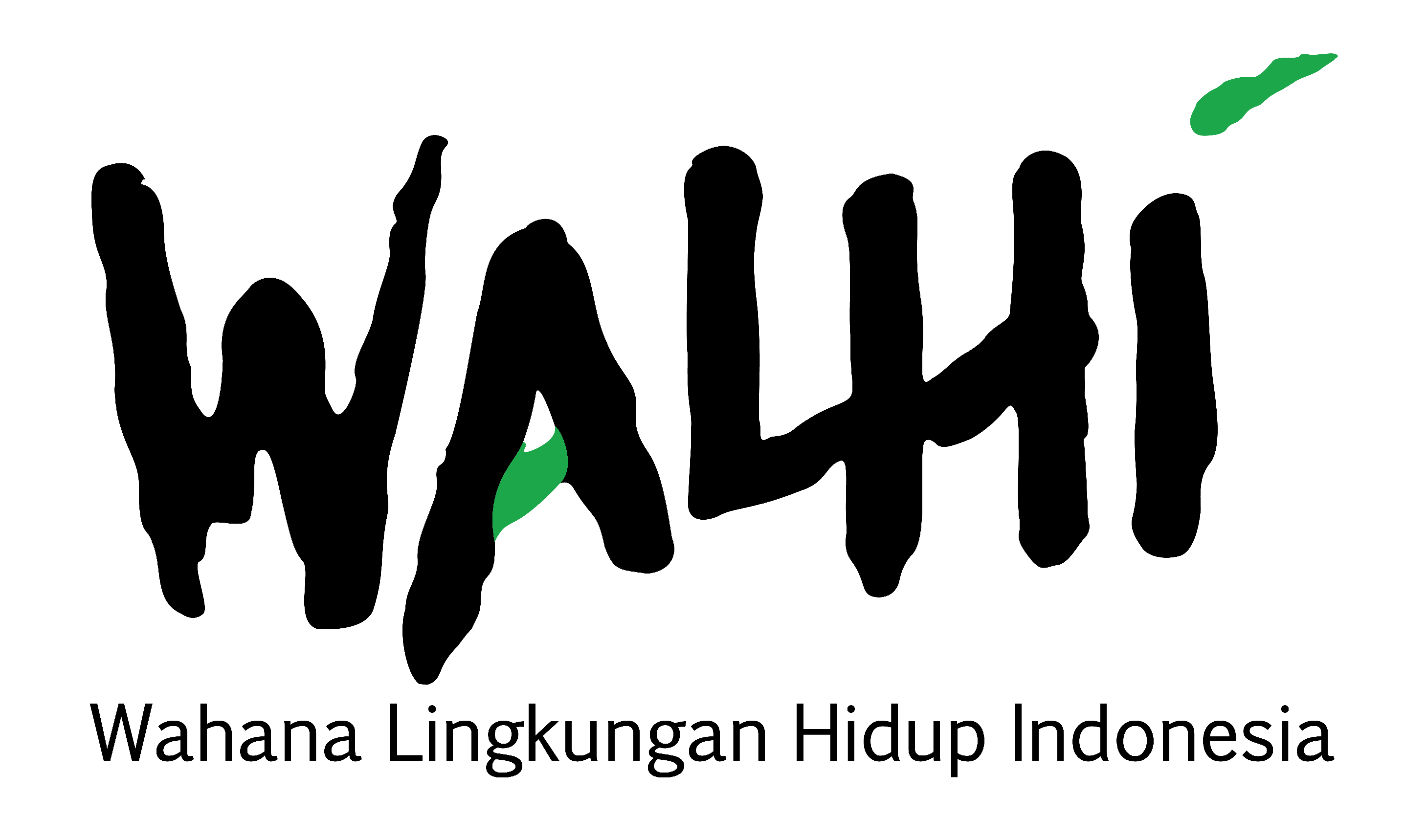Japan Bank for International Cooperation (JBIC)’s Examiners for Environmental Guidelines sent a notice (dated February 6, 2017) to three villagers, notifying the Examiners’ decision to commence a detailed investigation on the JBIC-funded Cirebon Coal-fired Power Plant Project (Unit 1, or Cirebon 1) in West Java, Indonesia (*1). The villagers earlier lodged an official complaint on the Project with the Examiners, claiming that their livelihood had been severely damaged due to the existing power plant (660 MW, invested by Marubeni). The Examiners will investigate in detail JBIC’s compliance/non-compliance with its own “JBIC Guidelines for Confirmation of Environmental and Social Considerations” (the Guidelines) before submitting a final report to the Executive Committee of JBIC. This will take approximately three (3) months. See “The Status of Acceptance of the Requests and the Progress of Procedures” on JBIC’s website: http://www.jbic.go.jp/en/efforts/environment/disagree/progress On November 10, 2016, three representatives from Rapel (Rakyat Penyelamat Lingkungan: People Environment Safer) Cirebon, who are affected by Cirebon Coal-fired Power Plant Project, handed their complaint to a JBIC’s staff at JBIC’s Representative Office in Jakarta. According to the complaint, their life has become more difficult than before the Project when they used to rely on various income sources for their life, saying “Currently, they can catch only less fish and cannot pick shellfish anymore, because the construction of the Unit 1 power plant destroyed environment around the coastal area,” and “The quality of salt has been getting worse, because some black dusts from the coal stockpile are flying over our salt pans.”
JBIC was informed about these claims through the villagers’ earlier letters. However, JBIC has repeatedly answered that no problem is found in the Project. In this regard, the complainers pointed out some violations against the Guidelines; that is, JBIC has never “conducted its own investigations” on those claims, and the project proponent has also failed to “carry out the investigation of those specific claims through transparent and accountable processes”. In addition, the villagers state in their complaint that JBIC must be responsible for the negative impacts caused by the Unit 1 power plant project on the community, given that it would be difficult for the project company to push through the Project - Unit 1 power plant without the JBIC’s loan. See the November 10th, 2016 press release: http://www.foejapan.org/en/aid/161110.html The villagers request that the project company stops the operation of the Unit 1 power plant and cancel the construction of the proposed Unit 2 power plant, or Cirebon 2 (1000 MW, invested by Marubeni and JERA), and that JBIC immediately stop considering its finance for Cirebon 2, in order to ensure that more damages related to the Project are prevented among the community. The Cirebon 2 has been criticized for the illegality of its environmental permit, against which the other villagers have filed an administrative lawsuit in December 2016.
The public hearings on this case have been ongoing to date. International Civil Society Organizations (CSOs) have also called on Japanese, French and Dutch banks to stop considering their finance for the Cirebon 2 coal business harming the climate. See the November 17th, 2016 press release: http://www.foejapan.org/en/aid/161117.html JBIC’s Examiners should directly visit the project-affected area, carefully observe the ground situation, and listen to the local villagers, including small fishermen, salt-makers, and farmers, to understand how difficult the current life of each community member raised in the complaint. The Examiners should also ensure an independent and thorough investigation on JBIC’s compliance/non-compliance with the Guidelines, which has prolonged the deterioration of the living standards of affected villagers, and should make their firm recommendations on JBIC’s performance. For further information: Sawung, Urban and energy campaign manager, WALHI - Friends of Earth Indonesia, +62 8156104606, or sawung@wp_walhi.local Wahyu Widianto, Advocacy and Campaign Manager, WALHI West Java, +62 813 204 230 76, or [email protected] Hozue, Public Finance and environment team, Friends of the Earth Japan: +95 997 245 6434 (in Myanmar), or [email protected] (*1) Cirebon Coal-fired Power Plant Project in West Java, Indonesia The Cirebon Project - Unit 1 with a capacity of 660 megawatt has been developed by a consortium PT. Cirebon Electric Power (CEP) consisting of: Marubeni (32.5%), Korea Midland Power (27.5%), Samtan (20%), and Indika Energy (20%). PT. CEP signed a 30-year power purchase agreement (PPA) with the Indonesian state power utility Perusahaan Listrik Negara (PLN). The project has cost USD 850 million. JBIC, the Export-Import Bank of Korea, and private banks made a loan agreement with CEP with co-financing USD 595 million (USD 214 million from JBIC). The Unit 1 Plant started its commercial operation in July 2012. In the Cirebon Project - Unit 2 with a capacity of 1,000 megawatt, Marubeni (35%), Indika Energy (25%), Samtan (20%), Korea Midland Power (10%) and JERA(10%) have invested in, and have established PT Cirebon Energi Prasarana (CEPR). CEPR entered into a 25-year PPA with PLN. The expansion project is estimated to require an investment of USD 2.1 billion, for 80 percent of which JBIC, the Export-Import Bank of Korea, and Japanese, French, and Dutch private banks are considering their co-finance. At the local level, PT. CEPR has been pushing through the construction of access road and land clearing before the commencement of main construction. The Unit 2 Plant is expected to be operational in 2020. Reference: JBIC No Coal Go Green Project: http://sekitan.jp/jbic/?lang=en Summary of Objection Procedures Based on JBIC Guidelines for Confirmation of Environmental and Social Considerations: http://www.jbic.go.jp/en/efforts/environment/disagree

